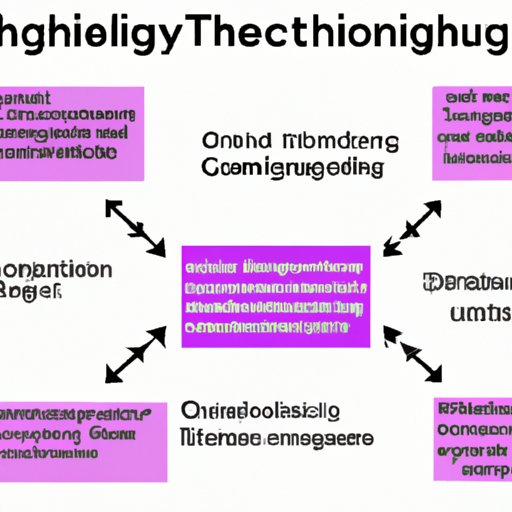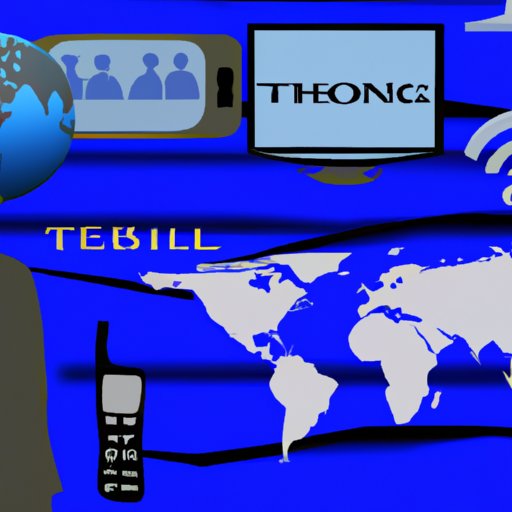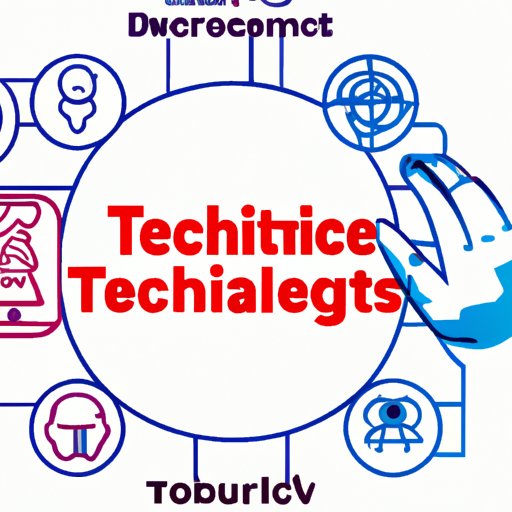Introduction
Technology ethics is an area of study that examines the ethical implications of new technologies. It considers the moral questions raised by advances in technology and the impact these advances have on individuals, organizations, and society as a whole. By exploring the ethical dilemmas associated with technology, we can gain a better understanding of our own values and how to use technology responsibly.
Definition of Technology Ethics
Technology ethics is defined as “the branch of ethics that deals with the moral issues related to the design, development, use, and disposal of technology.” (1) Technology ethics is a relatively new field of study and is still evolving. It involves looking at the ethical implications of technological advancements and considering how they may affect people and the environment. Technology ethics also includes the study of how ethical principles such as autonomy, justice, and respect for persons should be applied to the use of new technologies.

Overview of Ethical Challenges Presented by Technology
The ethical challenges presented by technology are numerous and far-reaching. From artificial intelligence (AI) to genetics to nanotechnology, new technologies raise important questions about privacy, data security, and how best to use technology for the benefit of humanity. Additionally, the implications of emerging technologies are often not fully understood until after they have been implemented, leaving us with difficult ethical dilemmas to consider.

The Impact of Technology on Society and Ethics
The impact of technology on society and ethics is profound. Technology has changed our views on ethics, and it has had a major impact on how people make decisions. As technology continues to evolve, it is important to consider the implications of technological advancements and how they will affect our lives and the world around us.
How Technology Has Changed Our Views on Ethics
Technology has changed how we think about ethical issues. In the past, ethical dilemmas were viewed from a philosophical perspective, which focused on abstract concepts such as right and wrong. However, with the rise of technology, ethical dilemmas are now seen from a more practical perspective, where the goal is to find solutions that balance competing interests. For example, when discussing the ethical implications of AI, the focus is on finding ways to ensure that AI is used responsibly and ethically.
Examining the Moral Implications of Technology
In addition to changing our views on ethics, technology has also changed the way we think about morality. As technology becomes more advanced, it raises important questions about the moral implications of using these technologies. For example, what are the ethical implications of using AI in healthcare? How should the use of facial recognition technology be regulated? What are the moral considerations when using genetic engineering for human enhancement? These are just a few of the ethical questions raised by emerging technologies.
Balancing Privacy and Ethics in the Digital Age
As technology continues to evolve, it is becoming increasingly important to consider the role of technology in ethical decision-making. With the rise of the digital age, there are many questions about how best to protect privacy and ensure that technology is used responsibly.
Understanding the Role of Technology in Ethical Decision-Making
When making ethical decisions, it is important to consider both the benefits and risks of technology. As technology continues to advance, it is becoming increasingly important to understand the potential implications of using new technologies. For example, when considering the use of facial recognition technology, it is important to consider both the potential benefits (such as increased safety and security) and the potential risks (such as invasion of privacy).
What Are the Benefits and Risks of Technology for Human Values?
The benefits and risks of technology for human values depend on how it is used. On one hand, technology can be used to improve quality of life, enhance communication, and increase access to information. On the other hand, technology can be used to manipulate people, exploit their data, and infringe upon their privacy. It is important to consider the potential impacts of technology on human values when making ethical decisions. As Professor of Information Technology and Ethics at Harvard University Dr. David Weinberger puts it, “Technology is neither good nor bad, but how it is used matters.” (2)
Conclusion
Technology ethics is an important topic to consider as technology continues to evolve. It involves examining the ethical implications of new technologies and considering how best to use technology responsibly. Technology has changed our views on ethics, and it has had a major impact on how people make decisions. Additionally, it is important to consider the role of technology in ethical decision-making and the potential benefits and risks of technology for human values.
Summary of Key Points
In summary, technology ethics is an area of study that examines the ethical implications of new technologies. It involves looking at the ethical dilemmas associated with technology and considering how best to use technology responsibly. Additionally, it is important to consider the role of technology in ethical decision-making and the potential benefits and risks of technology for human values.
Call to Action for Further Research and Education
As technology continues to evolve, it is important to continue researching and educating ourselves about the ethical implications of new technologies. We must be aware of the potential benefits and risks of technology for human values, and we must strive to use technology responsibly. By doing so, we can ensure that technology is used for the benefit of humanity.
(Note: Is this article not meeting your expectations? Do you have knowledge or insights to share? Unlock new opportunities and expand your reach by joining our authors team. Click Registration to join us and share your expertise with our readers.)
